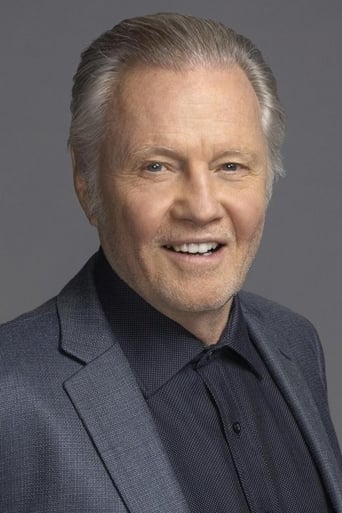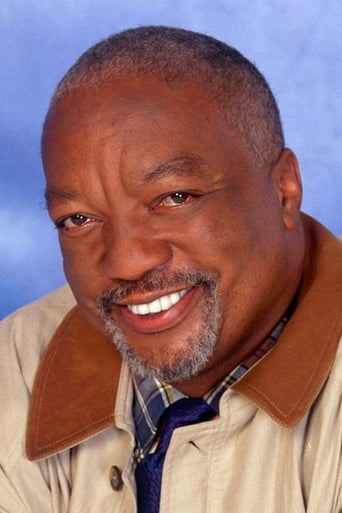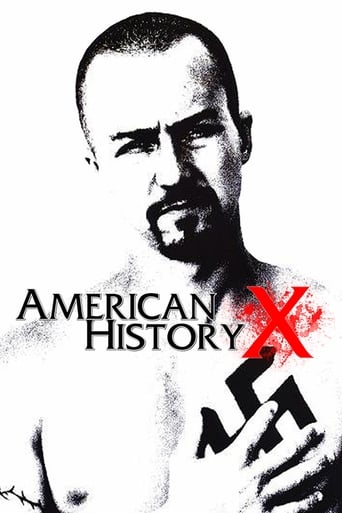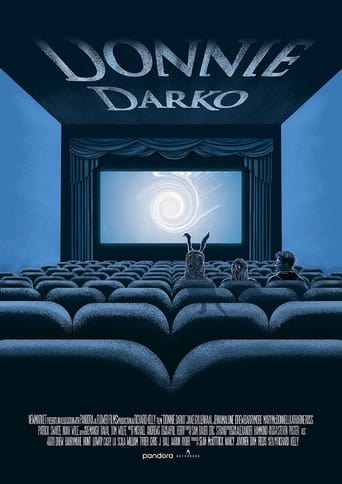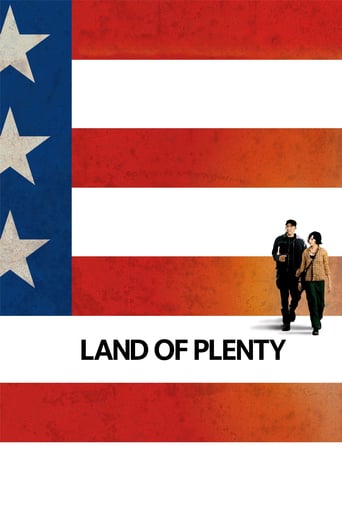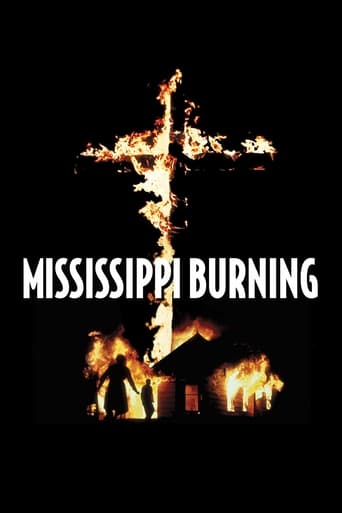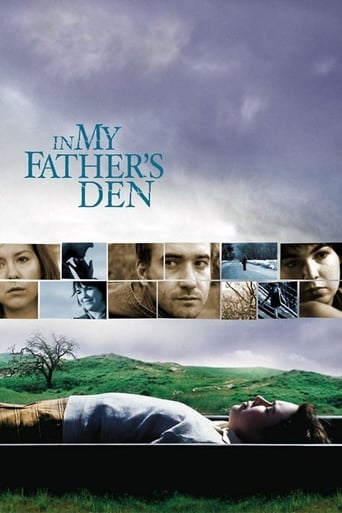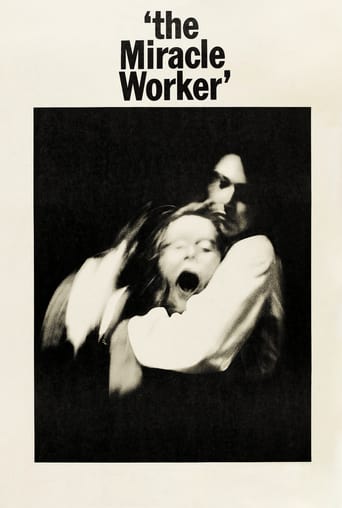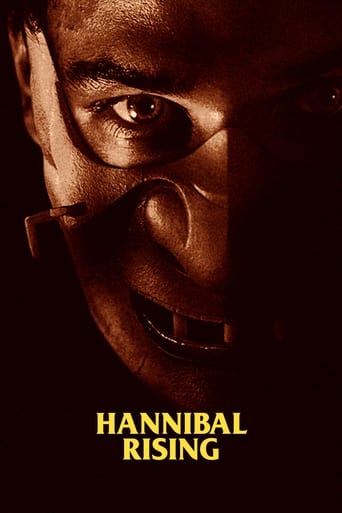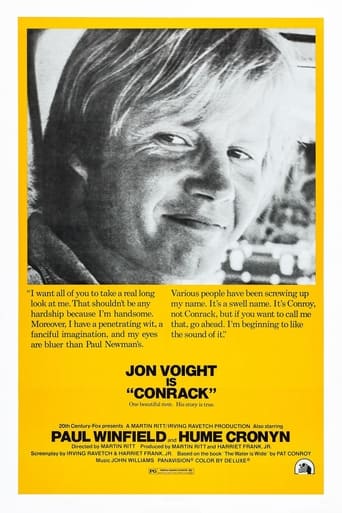
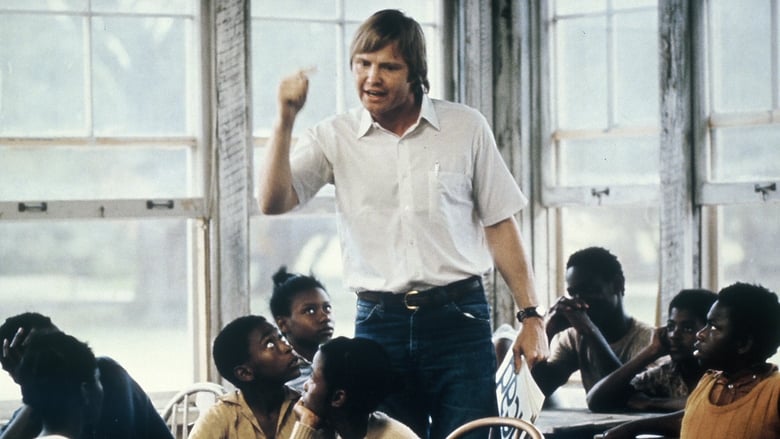
Conrack (1974)
A young, white school teacher is assigned to Yamacraw Island, an isolated fishing community off the coast of South Carolina, populated mostly by poor black families. He finds that the basically illiterate, neglected children there know so little of the world outside their island.
Watch Trailer
Cast
Similar titles
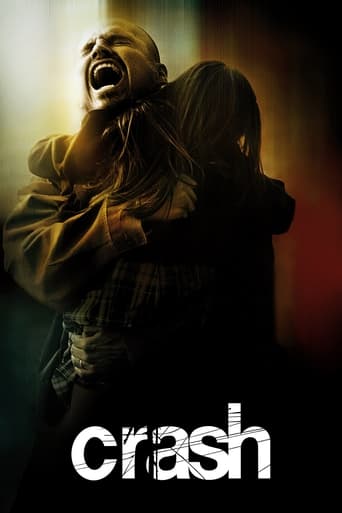
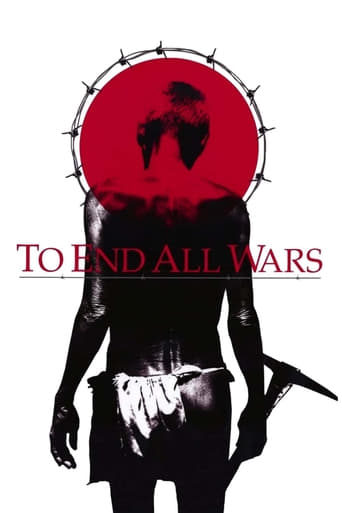
Reviews
Yawn. Poorly Filmed Snooze Fest.
Pretty Good
I wanted to like it more than I actually did... But much of the humor totally escaped me and I walked out only mildly impressed.
By the time the dramatic fireworks start popping off, each one feels earned.
Not a lot of people have seen this one. It's like a lot of other films about teachers in an uphill struggle against apathetic or difficult students. They all seem to be set in inner-city environments, but "Conrack" has a different approach - it takes you down south, out to an isolated island just off the coast of South Carolina. It helps that this is a true story (or as true as a film adapted from a book adapted from real life can be).Martin Ritt was a very good director, known mainly for "Hud", which he did about ten years prior. Jon Voight has never been more charismatic than this, he's like a shining beacon of inspiration throughout the film. You really believe that he believes every word he is saying, and that adds a ton of weight to his character. I really enjoyed Hume Cronyn here, he's somehow mischievous without being friendly, serious and a little bit mean. It's a great characterization.The passion in Voight's sparkling eyes seems to be more than what carries the film. It's a great story, and a fantastic reflection of Pat Conroy's writing. The story is powerful, convincing, and exceptionally inspiring.
Our America is multi-cultural, with so many sub-cultures. This movie simply tells a story of a snapshot in time within one of these sub-cultures. It is basically an objective look at a group of forgotten people, living their lives oblivious to the rest of the world. Generally, a good movie. It entertained, provoked thought, and showed lives that would not be seen otherwise, right in our own back yard. Should be seen by all. Having lived in the U.S. all my life, I had no idea that there were citizens here that didn't know they were citizens. This movie helps illustrate the diversity of our country by showing this small part of a southern state. The obvious conclusion: If this is really for real, then what else is out there that we know nothing of?
This film, as has already been pointed out, is of the "idealistic teacher meets challenging class in unsupportive environment and triumphs" class. And it's nicely done.But the ending sure touched a nerve in me. Our idealistic teacher who has been very successful in teaching his class many important things then chooses to abdicate his responsibility to his students rather than give up behaving any old way he pleases. His few attempts to work with those who must take responsibility for his work are actually greeted with some movement on the part of the authorities. But he changes not at all, continuing to teach his charges by example that self-discipline and willingness to face and cope with adversity are not important. Appropriately, the music played as our teacher abdicates his young charges is the "death knocking at the door" theme of Beethoven's 5th.
Pat Conroy must be an interesting guy. It's easy to be progressive in, say, Milwaukee. (In fact, you had BETTER be.) But he evidently grew up in the South, military family, attended the Citadel, and then finally found his head different from most of the others in his community. Social friction in the South is nothing to mess with. No, sir. He's writing good novels and letters to the editor. I admire him tremendously. The movie reminds me of a lesson in an introductory philosophy class, about the fallacy of arguing by analogy. Time is like a river, you see, and you can travel back in time because you can paddle upstream in a river. Conrack gives us a little trip into the past, when things were even worse than they are now. The African-American kids he's teaching don't know what country they live in, or the name of the ocean lapping at the shores of their little island. (Perhaps now overgrown with expensive condos.) He paints himself as an inspiring teacher. He can't help it. He was callow, and anyway autobiographies don't have much choice -- they're either hagiographic or honest, and in the second case the author always comes out looking like a Schmuck. Anyhow, in the end he admits failure, though through no fault of his own. John Voight, known for his involvement in sociopolitical issues, is the perfect choice for Conroy's surrogate, and Martin Ritt perhaps the best possible director, given his having lived in the South and coped with it, though his hand slips from time to time and we get black kids answering Conrack's questions in plainsong. The musical score sucks, so when the kids are out on a Halloween spree we have music that belongs in Robin Hood. The photography is good. The film hit a nerve. I was subbing as a teacher in elementary school in the South at one point. My wife at the time was a professor at UNC, Wilmington, and told me matter of factly how she was having lunch with her colleagues and some guy's daughter met him in the cafeteria and told him so enthusiastically about the new substitute teacher they had that day, and it was only after several minutes of conversation that she realized the girl was talking about me. I can't remember many moments in my life when I felt more pleased. Nothing is as exalting as seeing somebody's face light up when they learn something new and extraordinary. I've seen it in kindergarten kids and in Marines at Camp Lejeune, people wincing with pleasure at the dawning of a new realization. As Mel Brooks might say, "It's good to be da teacher." Conrack gets that idea across most effectively.
